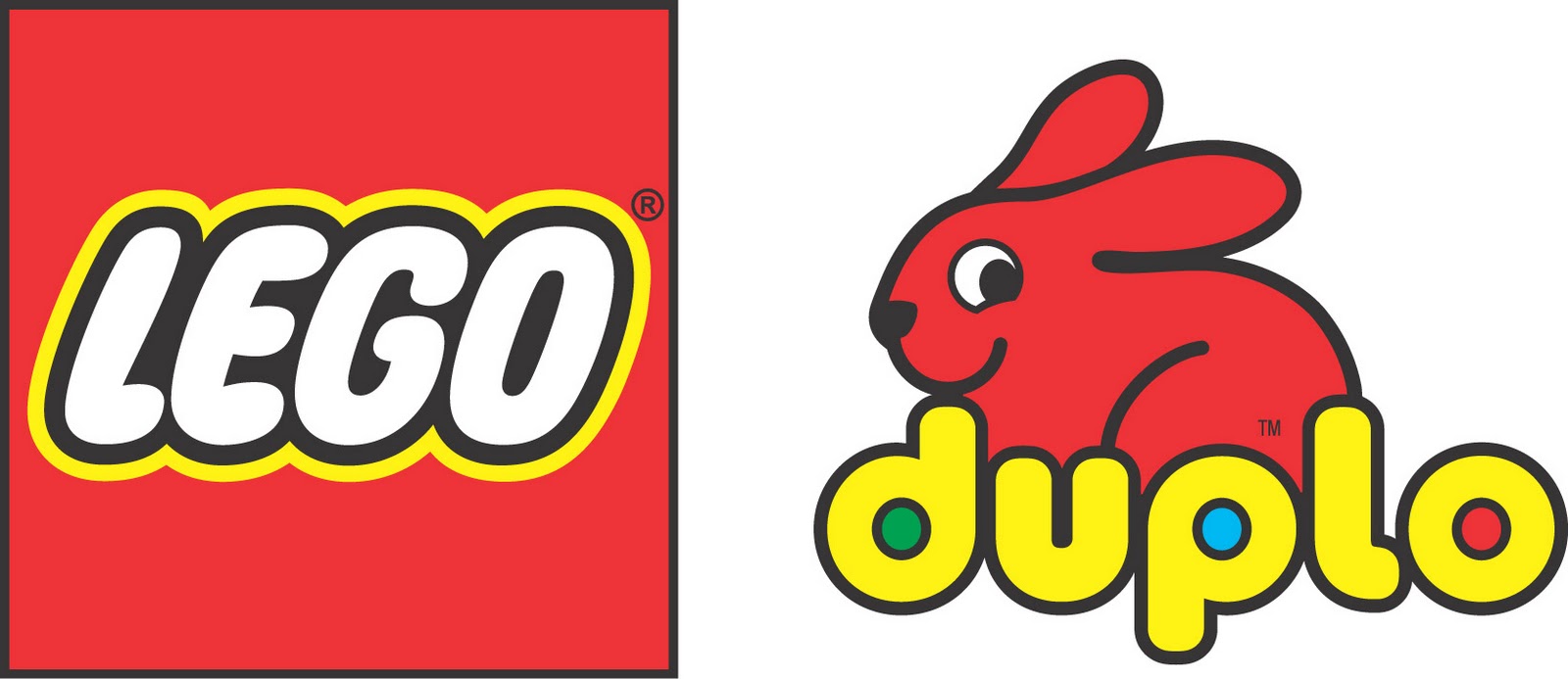Traditional DUPLO Wins Award as LEGO Expands to New Products, Classrooms and Girls
/At a time when LEGO, with North American headquarters in Enfield, is rolling out new themed products, enduring criticism for its increasing commercial tie-ins, expanding classroom connections, rebounding strongly from diminished sales, and launching new lines targeting girls, the company’s very basic DUPLO line for young children is winning new praise. Faculty and student researchers at Eastern Connecticut State University have named the company’s DUPLO bricks as the 2012 TIMPANI Toy (Toys That Inspire Mindful Play and Nurture Imagination). DUPLO bricks are colorful, plastic, interlocking building bricks. Parents and teachers know them as a larger version of the popular LEGO bricks, sized for use by preschool-aged children.
The annual study, conducted through Eastern's Center for Early Childhood Education, examines how young children in natural settings play with a variety of toys. Nine toys were selected for the 2012 TIMPANI study, based on recommendations from parents, teachers and faculty. After the toys were chosen they were placed in the CFDRC's preschool classrooms and rated on three subscales: thinking and learning, cooperation and social interaction, and self-expression and imagination.
"DUPLO bricks pose many problems for children to solve, so there's a lot of deep thought that goes into building," said Jeffrey Trawick-Smith, the Phyllis Waite Endowed Chair of Early Childhood Education at Eastern and the study's principal researcher. "Construction toys have done well overall in our studies due to the fact that they don't suggest any one use. They can be used in many different ways, so children tend to interact more and negotiate what they want to build."
That’s not the only local news for LEGO. The company is launching a new education program, and Enfield has agreed to be the first school system to take advantage of it, The Hartford Courant has reported. The program is modeled after a program LEGO runs in Denmark and will be available in Enfield elementary schools beginning in September 2013. The implementation of the program will be phased in over two years, with all kindergarten through grade 5 students having access to the program by Sept. 2014.
LEGO education products are already used independently by more than 9,500 schools in North America, and are said to enhance learning by sharpening creative, critical-thinking and problem-solving skills. All products, curriculum guides, laptops and software will be provided by LEGO. The school system will also be assigned a LEGO pedagogic adviser. Over five years, LEGO hopes to reach 15,000 students in Connecticut and Massachusetts as the program grows.
It has also been reported recently that sales of the LEGO Group’s newest line of construction toys designed to appeal to girls exceeded expectations despite complaints that it reinforces gender stereotypes. Michael McNally, brand relations director at LEGO in Enfield, told the Associated Press that the company has sold twice as much of the Lego Friends line as expected when it was introduced early this year. Lego’s intention was to raise the number of girls who play with Lego bricks, he said. “In 2011, only 9 percent of Lego sets sold in the U.S. were intended for girls,” McNally said. “To date, 28 percent of Lego sets purchased in the U.S. have been for girls.”
LEGO’s efforts in recent years to extend the brand to books, television and video games have endured some criticism (LEGO with detailed how-to instructions?) but the company says its products are still creatively minded and aimed at driving kids “back to the playroom.” Those decisions have apparently helped the company’s bottom line which after take a drubbing a decade ago, has seen a 17 percent increase in revenue in 2011.
Also this month, LEGO Systems, Inc. announced LEGO® Legends of Chima™, an original LEGO property set in a mythical land of magical animal tribes who compete for CHI, a valuable energy source which gives them extraordinary powers over one another. The company reports that the “story comes to life through a universe of products across the company's entire play system including classic building sets, collectible social competition kits, buildable figures and board games, and will be fueled by digital gaming.”
According to the folks at Eastern Connecticut’s TIMPANI, the basics are still best. The university has posted a video featuring DUPLO, and young children, at play. Eastern researchers announced the results of the 2012 TIMPANI Toy Study at the University's Child and Family Development Resource Center (CFDRC).
The LEGO Group is a privately held, family-owned company, based in Billund, Denmark. It was founded in 1932 and today the group is one of the world's leading manufacturers of play materials for children, on sale in more than 130 countries.
































